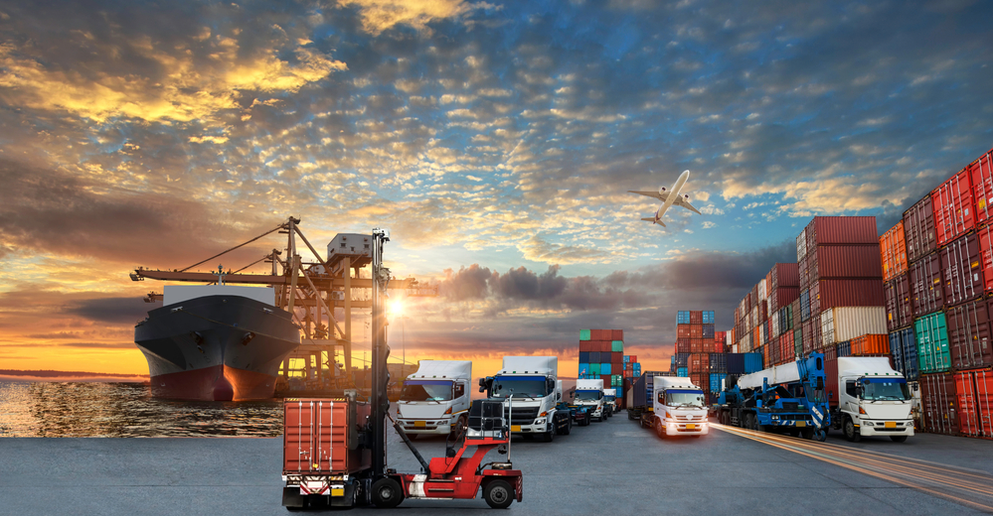Over the last ten years, global trade has witnessed a significant change, especially in the sectors of logistics and ports. Smart port improvements and the digitalization of logistics have simplified the transportation of goods, boosting overall productivity and security, and promoting green practices across all operations. The increasing connectivity worldwide and the paradigm shift of ports into smart, data-driven centers are paving the way for a promising future in global commerce.
Read also: Redefining Smart Ports: The Role of Digital Identity Verification
The Emergence of Smart Ports
Smart ports have advanced through the use of technologies such as the Internet of Things (IoT) to gather real-time information on products and environmental conditions, enabling authorities to make informed decisions and optimize resource distribution. Furthermore, artificial intelligence (AI), digital twin technology, and blockchain are utilized to guarantee secure and clear transactions. These technologies enable experts to implement predictive maintenance and effortless collaboration with the stakeholders.
Strengthening The Backbone of Trade: Digital Logistics
Digital logistics involves using digital tools and platforms to improve the efficiency of goods and supplies. This includes the execution of cloud computing systems, supply chain analyticsand the automation of processes, along with their enhancement. The digitization of logistics enables better inventory management, faster customs clearance, and enhanced visibility throughout the supply chain.
Perks Of Smart Ports and Digital Logistics
- Streamlined transport: Automation and real-time data analysis enhance operations, reduce delays, and boost overall efficiency.
- Reducing initial expenses: Effective logistics optimization and intelligent controls lower the total maintenance and resource allocation costs.
- Enhancing sustainability: Embracing eco-friendly technologies, such as utilizing renewable resources and innovations to lower emissions, supports the wider sustainability objectives.
- Improving security and privacy: State-of-the-art technologies such as sophisticated cameras and real-time data mapping ensure robustness in security and safeguard sensitive consumer information.
Future Outlook
The future of global trade is bright and gleaming with new innovations in smart ports and digital logistics. With the growth in such innovations and their adoption, these smart systems will transform into more autonomous, data-driven, and sustainable frameworks. Collaborations and partnerships with leading companies and world governments, these technologies will open new avenues for smart ports and mold the future of global trade.
Conclusion
The global trade is being transformed by smart ports and digital logistics, enhancing transportation, sustainability, and efficiency. These innovations contribute greatly to meeting the demands of global commerce and create deeper connections with the supply chain. With the rising advancements in how goods and transported, monitored, and maintained, the transformation of ports and logistics will continue to enhance global trade in the future.

